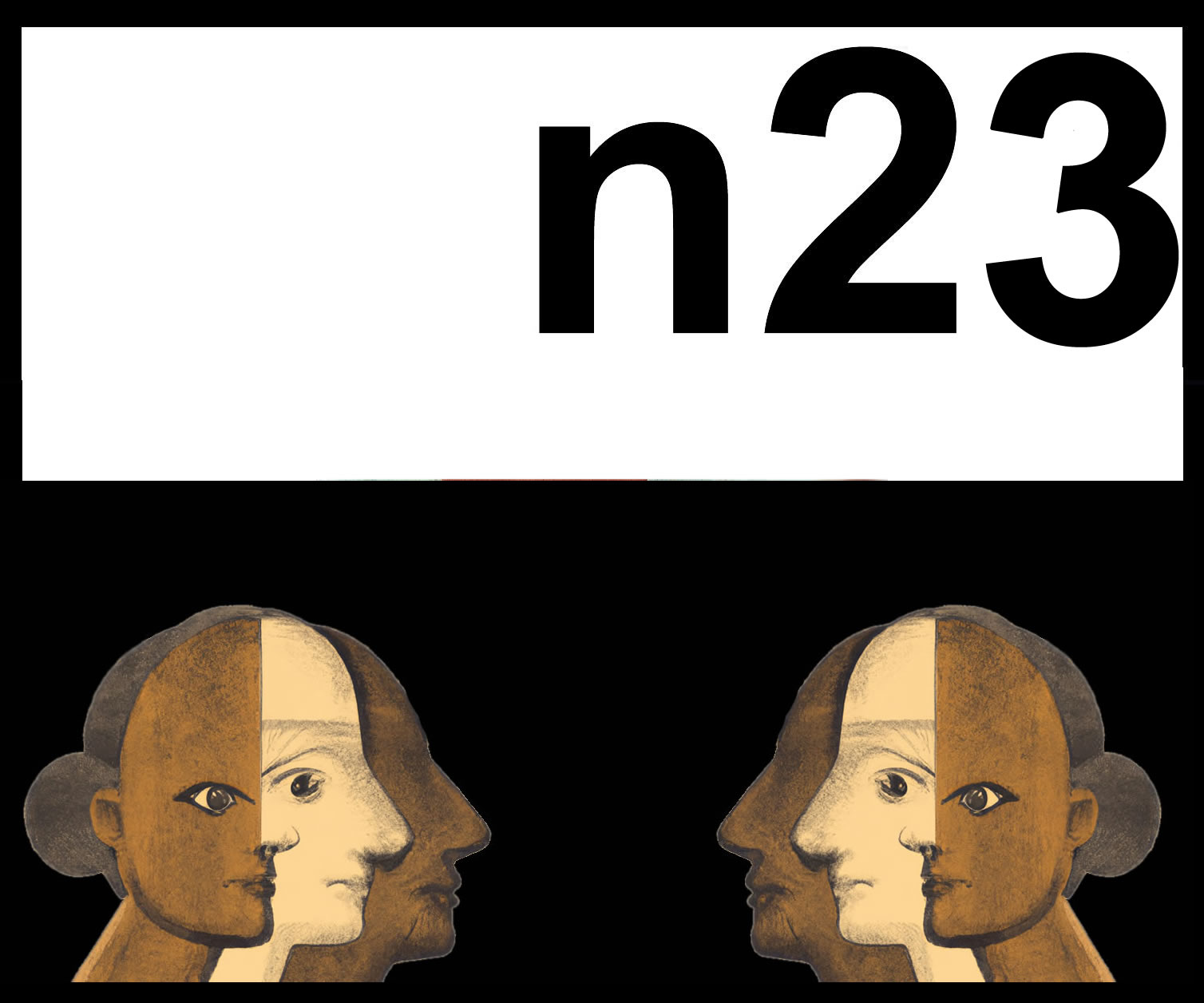Abstract
In this paper, I intend to propound that Socrates’ choice of abstaining himself from writing not only leads to the “Socratic Problem” but also renders him vulnerable to misappropriations; a vulnerability he attributes to writing while substantiating his downright dismissal of it. The paper has been divided into three sections. In section one; effort is to contemplate “The Socratic Problem” which has been baffling scholars across centuries. Whether, for example, in Plato’s works, is it Plato’s or the historical Socrates’ views? Absence of Socrates’ own work has put his historical existence in a blurry picture and his character under shadows of doubts. In section two, there is an attempt to outline the debate between Phonocentrism and Oral tradition. Socrates is seen projecting phonocentric viewpoints in Plato’s Phaedrus, when he censures writing by invoking an Egyptian myth. In the last section, I have put forth a surmise that Plato’s Socrates must be an apotheosized and misappropriated version of the historical Socrates. And I question, if it can be taken as an insinuation that we need to consider possibility of misappropriation every time we read history without historicity.
References
Bryan, J. (2013). Socrates: Sources and Interpretations. In J. Warren, & F. Sheffield (Ed.), The
Routledge Companion to Ancient Philosophy. Routledge.
Bostick, W. F. (1916). Jesus and Socrates. The Biblical World, 47(4), 248–252.
Cohn, D. (2001). Does Socrates Speak for Plato? Reflections on an Open Question. New Literary
History, 32(3), 485–500.
Copleston, F. (1993.). A History of Philosophy, 1(?), 96-115. Image Books.
Dorion, L. (2011). The Rise and Fall of Socratic Problem. In D. Morisson (Ed.), The Cambridge
Companion to Socrates. Cambridge University Press.
Duddy, T. (1996). Derrida and the Druids: Writing, Lore, and Power in Early Celtic Society.
Religion & Literature, 28(2/3).
Gooch, P. W. (1985). Socrates: Devious or Divine? Greece & Rome, 32(1), 32-41.
Griswold, C.S. (1986). Self-knowledge and the of the soul in Plato’s Phaedrus, 217–218.
Hackforth, R. (1933). Great Thinkers. (I) Socrates. Philosophy, 8(31), 259–272.
Prior, W. J. (2006). The Socratic Problem. In H. Benson (Ed.), A Blackwell Companion to Plato.
Blackwell Publishing.
Woolf, R. (2013). Plato on Philosophical Method: Enquiry and Definition. In J. Warren, & F.
Sheffield (Ed.), The Routledge Companion to Ancient Philosophy. Routledge.

This work is licensed under a Creative Commons Attribution-NonCommercial-ShareAlike 4.0 International License.
Copyright (c) 2024 Dushyant Kumar
